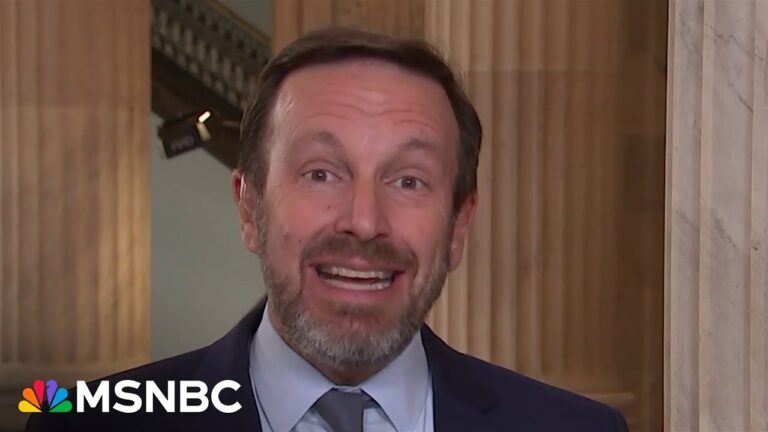Video at the bottom!
In this video segment, the host delves into the aftermath of U.S. military actions in Iran and the associated communications from former President Donald Trump. The discourse begins with a critical look at Trump’s statements concerning intelligence on the strikes, which he described as “very inconclusive.” Despite admitting uncertainty, Trump asserted that the strikes were a form of “obliteration,” creating a contradiction that the host seeks to unravel.
The context of these comments is underscored by leaks from internal assessments that challenge the administration’s portrayal of the strikes’ effectiveness. The conversation shifts to the Trump administration’s response, particularly their intention to limit classified information shared with Congress. A notable figure in this narrative is Pete Hegseth, who is now involved in investigating media leaks linked to government analysis, alongside his criticisms of how the media presents intelligence reports.
Senator Chris Murphy joins to breakdown the situation further, expressing concern over the administration’s attempts to control narratives following their misleading assertions about the military’s success. Murphy highlights the importance of accuracy in military assessments, particularly given the risks associated with potential conflicts in the region.
The discussion touches on the broader implications of misinformation, suggesting that the administration’s motives may be tied to distracting the public from critical issues at home, such as healthcare reforms aimed at transferring wealth. The host and Senator Murphy emphasize the need for transparency and accountability in government communications, particularly when national security is at stake. As the segment winds down, the focus remains on the intersection of military operations and political narratives, painting a complex picture of the current administration’s challenges.


